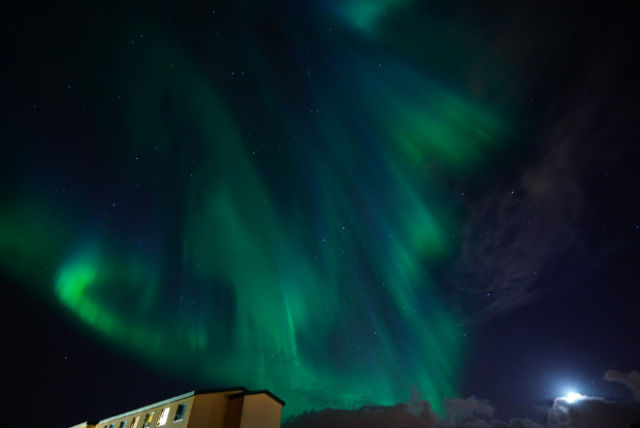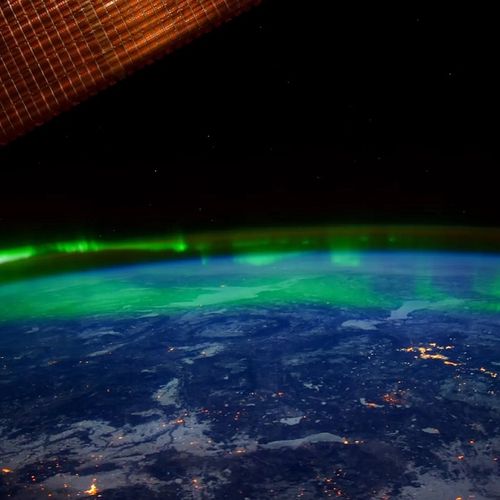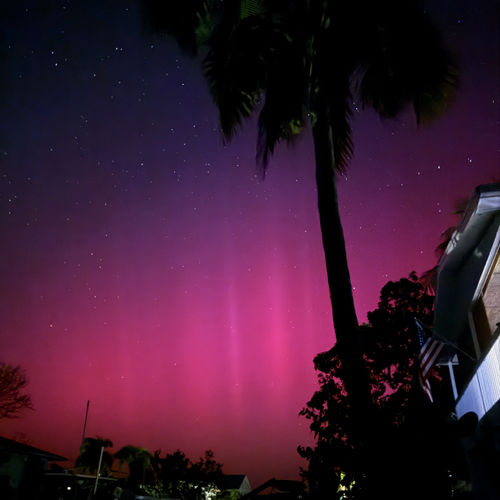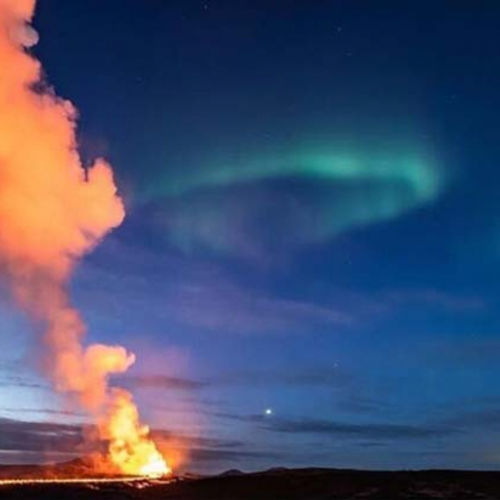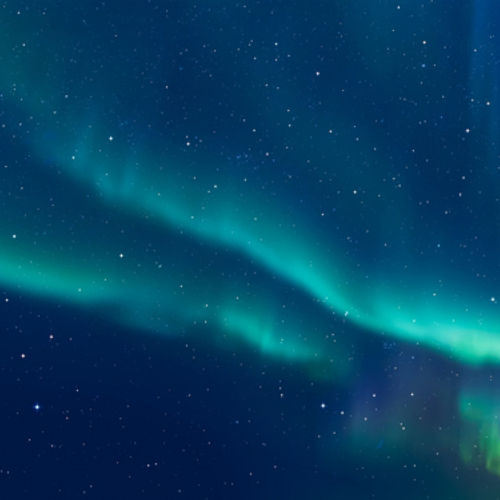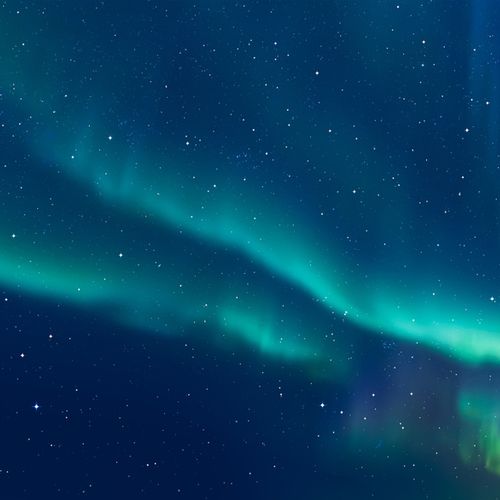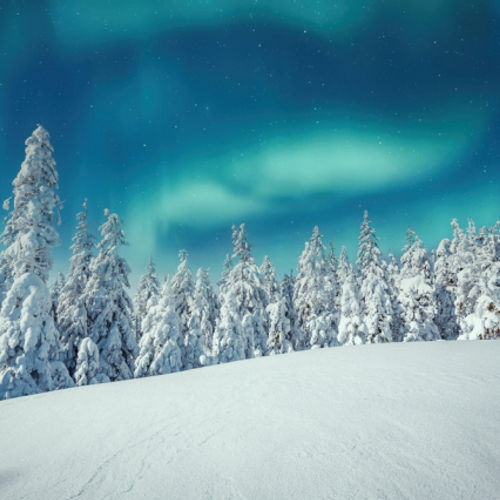
| Added | Tue, 21/09/2021 |
| Источники | |
| Дата публикации | Tue, 21/09/2021
|
| Версии |
Theories that the aurora borealis produces sounds have previously caused scientists to distrust. Research by Finnish experts has proved that the northern Lights really emit, audible to the human ear. The recording made by experts caught the sound made by the lights at a height of 70 m above the earth's surface, reports The conversion.
The aurora is caused by the interaction of solar particles with gas molecules in the earth's atmosphere, it occurs near the poles of our planet, where the magnetic field is strongest.
Eyewitnesses of the brightest events of the Northern Lights, who lived on the subarctic Shetland Islands, described the sound as the rustle of silk or the quiet noise of two boards sliding flat surfaces over each other. Similar evidence was received from the north of Canada and Norway.
Scientists who took part in the study of the auroras also heard a faint whistling sound, distinctly undulating, which corresponded to the vibrations of the aurora. Some experts described the noise as similar to the crackling of burning grass or splashing.
The mechanism behind the sound is still poorly understood, as well as the weather conditions under which noise can be heard.
Canadian astronomers believe that the movement of the northern lights changes the Earth's magnetic field, causing changes in the electrification of the atmosphere at a great distance. This produces the crackling sound of static electricity closer to the surface of the planet.
A rare sound phenomenon is manifested only in 5 % of the events of strong auroras. It can be heard on the tops of mountains or surrounded by several buildings.
© pixabay.com
Новости со схожими версиями
Log in or register to post comments
